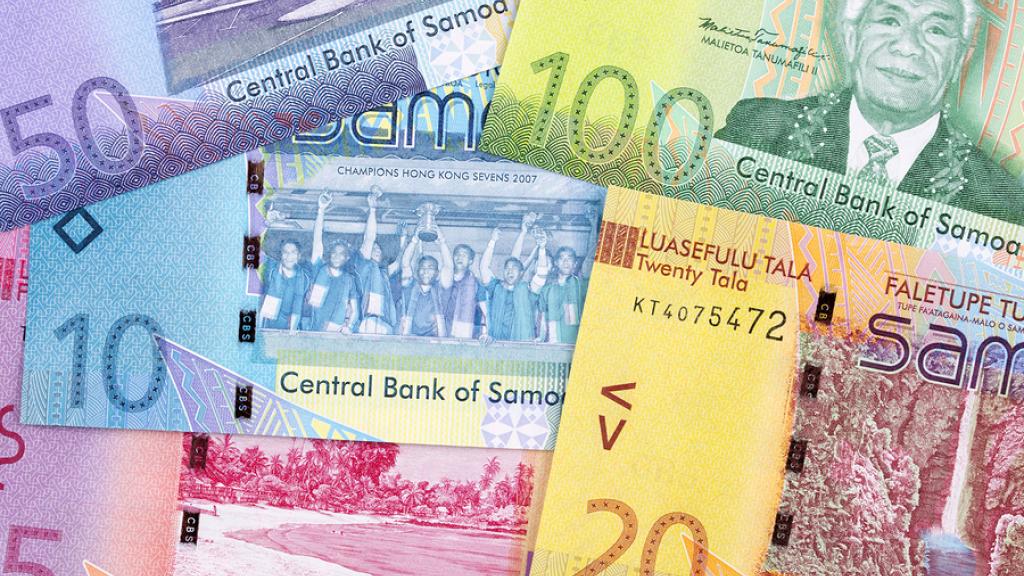Samoa has been taken off the list of “debt distress” nations and is now eligible to apply for loans from the International Monetary Fund or the World Bank.
The Minister of Finance, Lautimuia Uelese Va’ai made these comments during an interview on the Soalepule programme, which was aired on EFKS television on Friday night.
He said Samoa’s total debt has dropped to 35 percent of the country’s gross domestic product from 50 percent when the current Fa’atuatua i le Atua Samoa ua Tasi (FAST) administration took office in the third quarter of 2021.
“Financially, there has been a notable increase in terms of Samoa’s economy post-COVID,” Lautimuia said. “This is due to our great push for agriculture, remittances from our people working temporarily overseas as well as our relatives residing overseas.
“Another factor is the increase in the number of people visiting the country since our borders re-opened and the number of tourists that have visited Samoa.
“So, they [multilateral financial institutions] were quite happy with the figures we presented especially now that our debt has decreased. If we continue to maintain that drop and that ratio, they will be happy to open the door for us to loan money for future projects.
“It shows that we now have good debt management.”
With Samoa dropped from the “debt distress” category after it met benchmarks set by the IMF and the World Bank, Lautimuia said the two multilateral financial institutions also considered the country’s cash flow, loan servicing capacity and solid foreign reserves.
He said this milestone was one of the current government’s priorities to reduce the country’s total debt and comes on the back of the State retiring three major loans. He did not disclose what the three loans were.
“One of the priorities for this government was to reduce the public debt. They promised not to engage with any other big development projects that would require asking for loans until they reduce the total debt.
“But it’s a good thing that the doors have now been opened again for us. We just have to look at coming up with good development projects that would be in line with the goals we have set.
“We need to carefully look at what to prioritise because you can recommend a good and the right project at the wrong time, so we need to come up with great projects at the right time.”
Expressing confidence in his Ministry considering all these factors, prior to proposing major projects for the government’s consideration, Lautimuia said he relies on the advice of the ministry’s CEO. “The Minister is not the expert, it is the CEO and the staff, they have more knowledge, and they advise the Minister on what’s best and then the minister would look at it if it’s in line with the policies and standards set by the government before he presents a propose to Cabinet for deliberation.

One Comment “Commonwealth Finance Ministers meet in Marrakesh to tackle overlapping global crises”
Comments are closed.